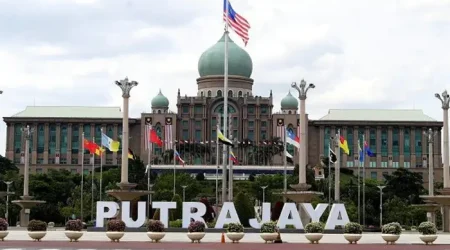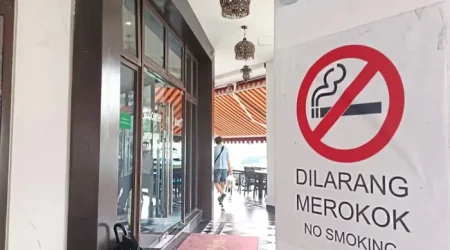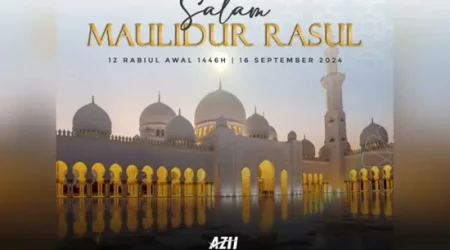Kampung Cina residents upset over Kuala Terengganu council’s plan to close iconic market
PETALING JAYA: In its recent annual assembly, PAS said it wants to convince non-Muslims that the Islamist party can take care of their interests, but a decision on an iconic market and food court in Terengganu challenges that narrative.
Residents of Kampung Cina, a historic enclave in Kuala Terengganu, the capital of PAS-ruled Terengganu, were upset that traders and hawkers of the Kampung Tiong market and food court were being evicted.
The Kuala Terengganu City Council (MBKT), which owned the site of the market-food court, had decided to take back the land to develop a residential and commercial centre, said Dr Monna Ong, who was an advisor to the market’s hawkers.
Traders told The Star that they had been given orders to vacate the venue in October and had until the end of this month to comply.
“The market-food court has been a popular community hub and meeting point for the past 40 years. Everyone comes here to hang out especially during the weekends,” said Ng, a resident, to The Star.
“Its the only one of its kind for the Chinese community in Kuala Terengganu. It serves food and goods catering to us and and it is being torn down,” said the 56-year-old, his voice rising when describing how he felt about local council’s decision.
“They’re not building a new site for us here either and all the traders and cooks are being moved away to different places.”
Former Kuala Terengganu MP Datuk Raja Kamarul Bahrin Shah Raja Ahmad, who was also assisting the merchants, said the decision showed that PAS and its leaders did not care for the feelings of non-Muslims in the states the Islamist party rules.
“This is the only Chinese market in town and it is near a historic well that is 200 years old which is sacred to the community,” said Kamarul Barhin, who was MP from 2013 to 2018.
“PAS says it wants to win over non-Muslims but it is not walking the talk. They feel like they can do whatever they want to the minorities in their states,” Raja Kamarul said when contacted.
According to Ng and other merchants, the Kampung Tiong market-food court had been around for close to 40 years and had about 100 businesses.
Half of these are food stalls while the rest sold goods.

The morning market stalls would feature a variety of daily groceries such as vegetables, noodles and fruits as well as clothes, wallets, belts, stationery and prayer items.
The majority of the food hawkers offered Chinese staples such as fried noodles, chicken rice, biscuits and buns but there were also a few stalls run by Muslims that sold satay, kuih and nasi kerabu.
“When they were told to move, even the Muslim stall owners wanted to follow their Chinese neighbours because they had already built a loyal customer base among the Chinese patrons,” said another merchant named Tan.
“But everyone was eventually separated and given stalls at different food courts across the city such as the main bus terminal and Batu Burok beach,” said Tan.
(Merchants interviewed by The Star refused to give their full names for fear of reprisals since they depend on the local authorities for their licences).
“The heavy monsoon rains have started and its really hard for us to find a place to temporarily store our stock and equipment,” said Tan.
Ong, who is also Terengganu MCA chairperson, said extensive discussion have been made with policy makers in MBKT to secure an alternative site for the market.
“We have explored various options, including seeking private land and even writing a letter to the Mentri Besar to request for an extension so that the hawkers can find a strategic location in China Town”.
On Monday (Nov 27), traders had received news that they would be relocated to a new site, near the KT waterfront, which was also owned by MBKT, said Ong.
“However, this new location is outside China town and the villagers are concerned about the uncertainty of the crowds and sales at this unfamiliar place,” she said.
“As the advisor, I am appealing to the state government to pay attention to the 50 families who rely on their livelihood as hawkers, especially during this monsoon season.
“I urge the government to show mercy and demonstrate greater consideration. I hope that the state can set aside political interests and prioritize the well-being of the people”.













Leave a Reply